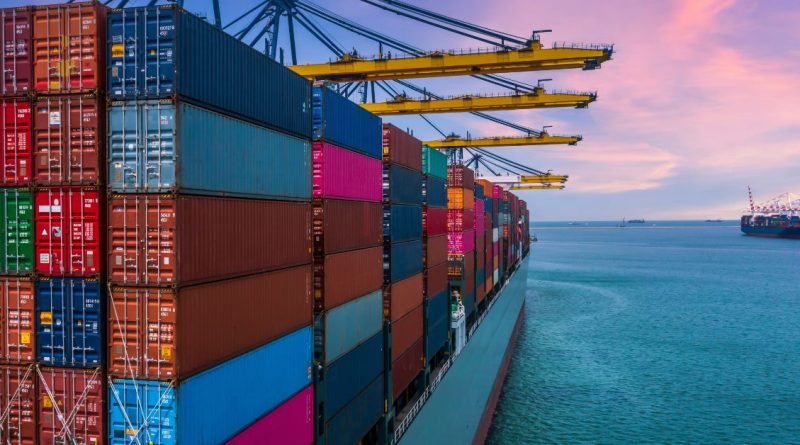Trump Threatens to Reclaim Panama Canal Over ‘Ridiculous’ Fees
Former U.S. President Donald Trump has stirred global attention with a bold statement demanding the return of the Panama Canal to U.S. control. In a post on his Truth Social platform, Trump criticized Panama for charging “ridiculous” fees for the canal’s use and warned against letting this strategic waterway fall into the “wrong hands,” particularly hinting at potential Chinese influence.
Trump’s Stance on the Panama Canal
Trump referred to the Panama Canal as a “vital national asset” for the United States, emphasizing its importance for commerce and national security. He accused the Panamanian government of exploiting the U.S. by charging excessive tolls for the canal’s use, despite what he described as America’s “extraordinary generosity” toward Panama.
“The fees being charged by Panama are ridiculous,” Trump declared. “This complete ‘rip-off’ of our country will immediately stop.”
Additionally, Trump warned against the canal being managed or influenced by China, stating that the passage was not meant to benefit other countries but was a symbol of U.S.-Panama cooperation.
“If the principles, both moral and legal, of this magnanimous gesture of giving are not followed, we will demand that the Panama Canal be returned to us, in full, and without question,” Trump added.
Historical Context of the Panama Canal
Trump’s threat to Panama comes 25 years after the U.S. officially handed over full control of the canal to Panama in 1999. Under the Torrijos-Carter Treaties, signed in 1977 by U.S. President Jimmy Carter and Panamanian leader Omar Torrijos, the canal was transferred to Panama after a period of joint administration. The Neutrality Treaty allowed the U.S. to intervene militarily if the canal’s neutrality was ever threatened.
The U.S. initially constructed the 51-mile waterway in 1914, and it remains a critical route for global trade, connecting the Atlantic and Pacific Oceans. The U.S. is still the canal’s largest user, responsible for approximately 75% of all cargo transiting the waterway annually.
China’s Role and Growing Tensions
China is the second-largest user of the Panama Canal, and a Hong Kong-based Chinese company controls two of the five major ports adjacent to the canal. Trump’s comments reflect his administration’s anticipated shift in foreign policy, particularly regarding China’s influence on global trade and infrastructure.
A prolonged drought in Panama has also caused significant disruptions in the canal’s operations. Over the past fiscal year, the Panama Canal Authority reported a 29% drop in ship transits, with only 9,944 vessels passing through between October 2023 and September 2024, compared to 14,080 the year prior.
Economic pressures from these disruptions have further fueled geopolitical tensions. Trump’s remarks highlight his administration’s potential focus on securing U.S. interests in strategic global infrastructure.
Nicaragua’s Alternative Canal Plan
Adding to the regional tensions, neighboring Nicaragua recently announced plans for a 276.5-mile interoceanic canal to rival the Panama Canal. Nicaraguan President Daniel Ortega unveiled the proposal at a regional business summit, pitching it to Chinese and American investors. Ortega criticized Panama’s canal operations, saying, “Every day it becomes more complicated to pass through Panama.”
This alternative canal project could reshape the region’s trade dynamics, potentially drawing Chinese and U.S. investment alike as global powers vie for control over critical shipping routes.
Panama’s Response
Panama’s government has yet to issue an official response to Trump’s statements. However, an official told Bloomberg that a formal statement would be released in the coming days.
Implications for Global Diplomacy
Trump’s statements on the Panama Canal underline his broader strategy to reassert U.S. dominance in global affairs. His comments come alongside growing concerns about Chinese influence in key international trade routes and infrastructure projects.
This rhetoric also signals a potential shift in U.S. foreign policy priorities under Trump’s leadership as he prepares for his second term in office. From threatening Panama over canal fees to demanding increased NATO defense spending, Trump’s approach to global diplomacy is expected to focus on securing U.S. strategic interests.

